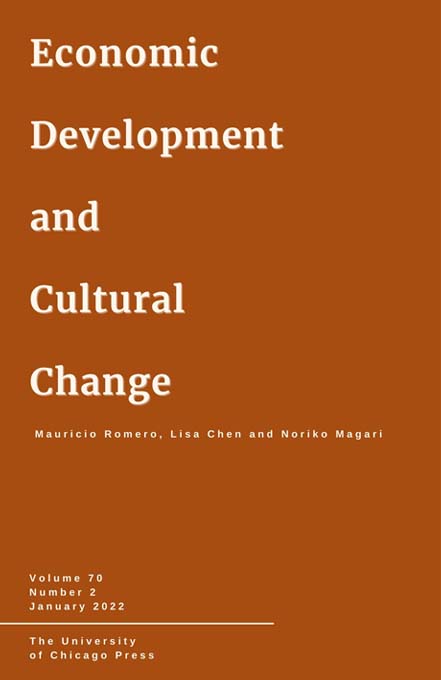| You are currently viewing a revision titled "Cross-Age Tutoring Experimental Evidence from Kenya", saved on April 21, 2022 at 2:58 pm by Ugo | |
|---|---|
| Title | Cross-Age Tutoring Experimental Evidence from Kenya |
| Content | Abstract
Tailoring teaching to students’ learning levels can improve learning outcomes in low-income countries. Cross-age tutoring, where older students tutor younger students, is a potential alternative for providing personalized instruction to younger students, though it comes at the cost of the older students’ time. We present results from a large experiment in Kenya, in which schools were randomly assigned to implement either an English or a math tutoring program. Students in grades 3-7 tutored students in grades 1-2 and preschool. Math tutoring, relative to English tutoring, had a small positive effect (.063σ, p-value of .068) on math test scores.
These results do not hold for English tutoring: relative to math tutoring, it had no positive effect on English test scores (we can rule out an effect greater than .074σ with 95% confidence). There is heterogeneity by students’ baseline learning levels: The effect was largest for students in the middle of the ability distribution (.13σ for students in the third quintile, p-value of .042), while the effect was close to zero for students with either very low or very high baseline learning levels. We do not find any effect (positive or negative) on tutors.
 https://www.journals.uchicago.edu/doi/10.1086/713940
https://www.journals.uchicago.edu/doi/10.1086/713940
|
| Excerpt |